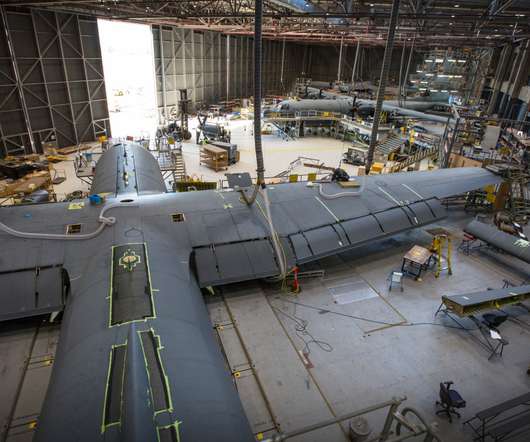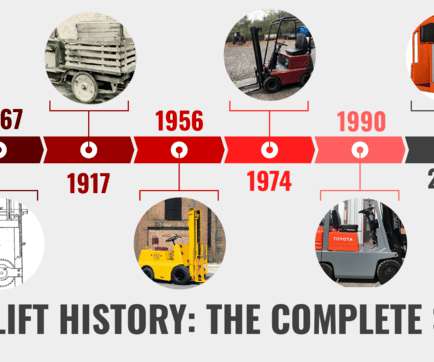The LIW articles you should read – a 2018 retrospective
Logistics in War
DECEMBER 29, 2018
As 2018 draws to a close, a year in which Logistics In War consolidated, it’s a good time to reflect on what were the most popular or relevant articles to the readers. Before I mention the articles, I thought it best to also reflect on the key themes covered on the site this year.
























Let's personalize your content